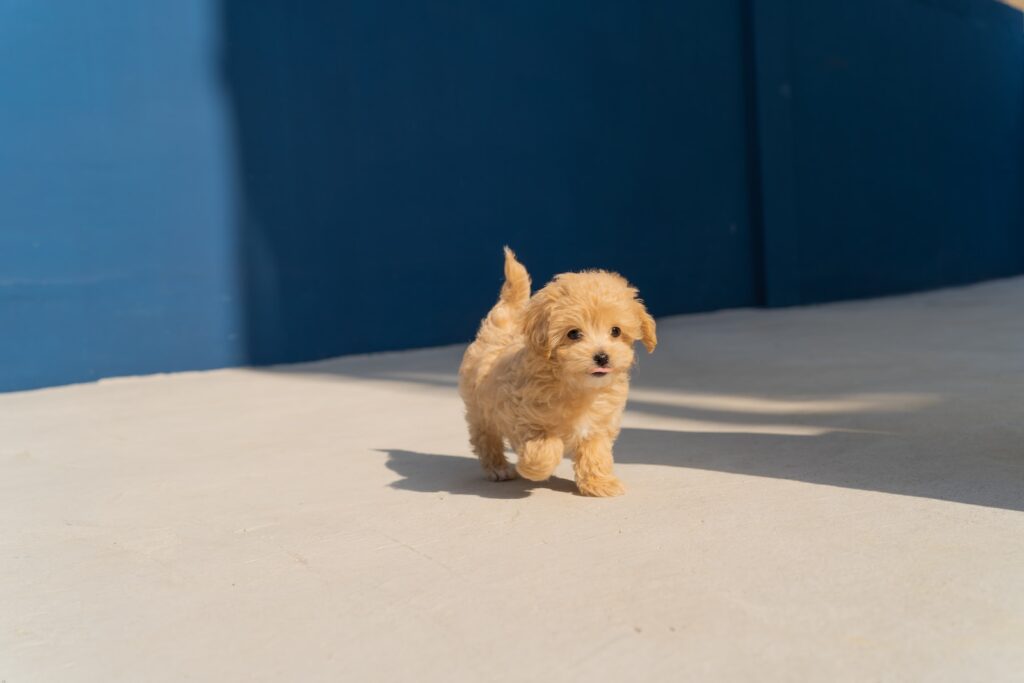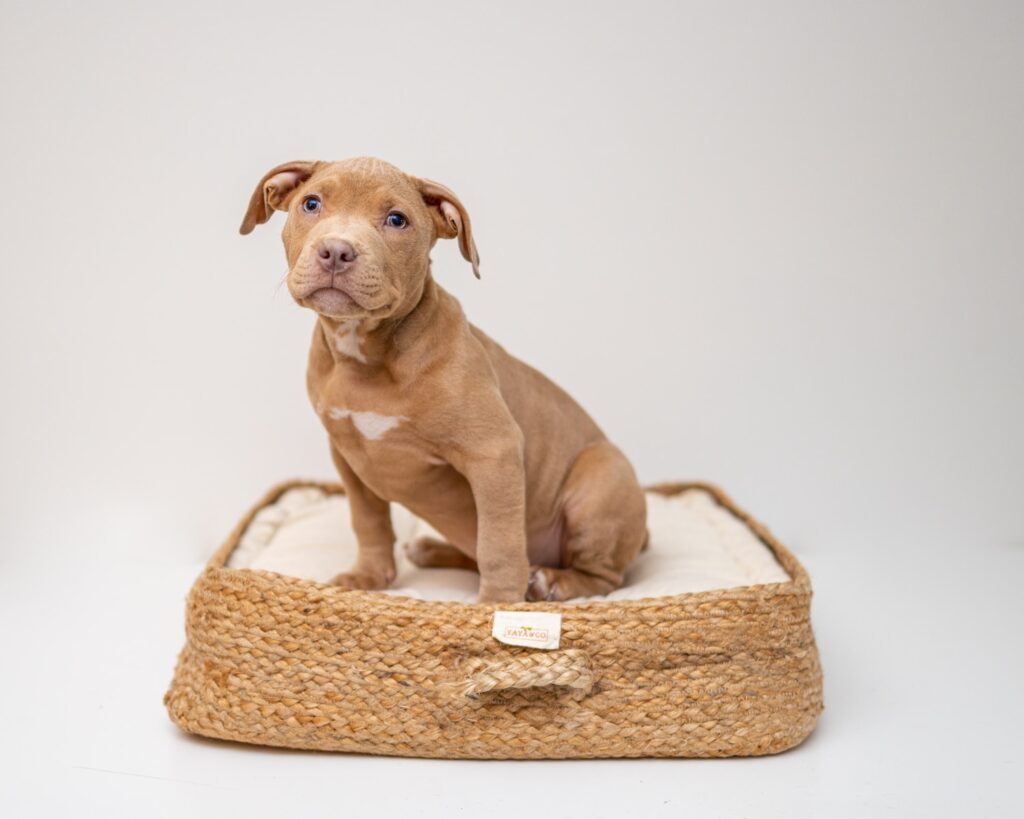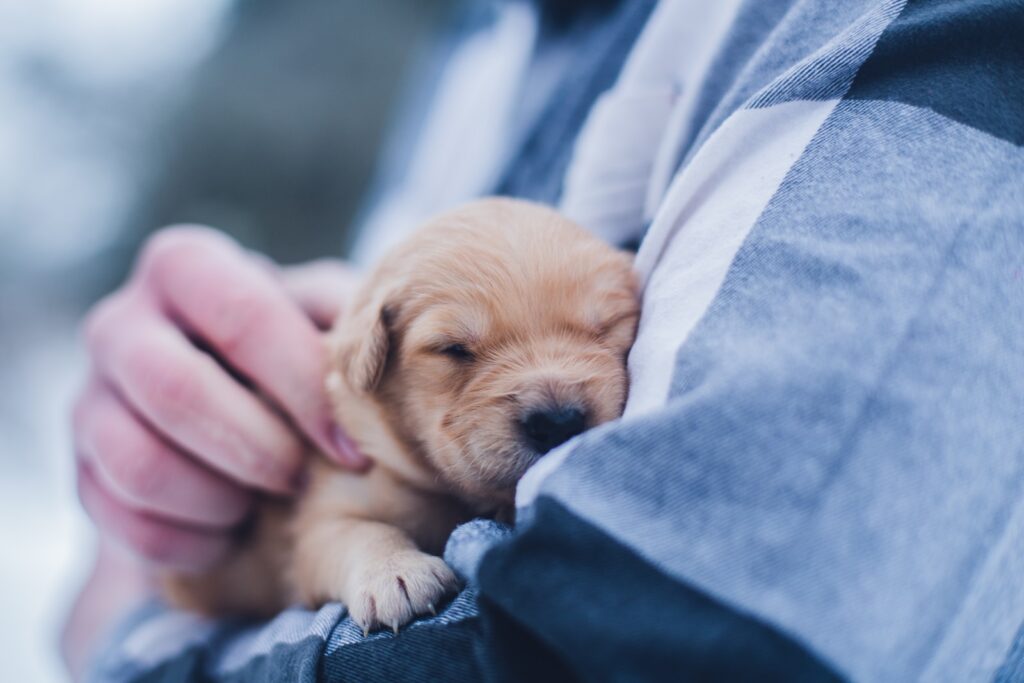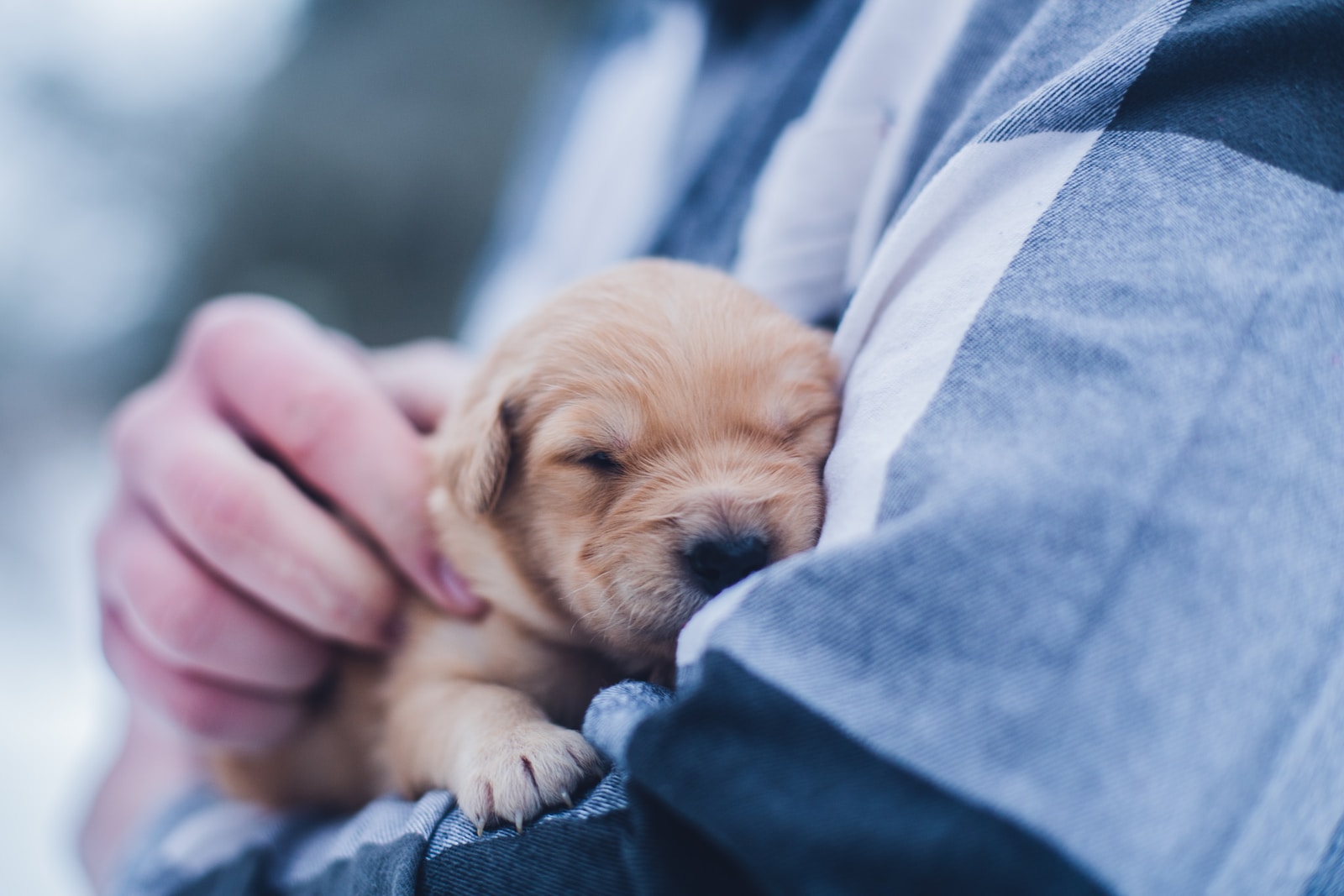Discover the ultimate new puppy checklist to ensure you have everything you need for the first week with your furry friend. From essential supplies to training and socialization, we cover it all to help you and your puppy have a smooth start.
Table of Contents
Introduction
Welcoming a new puppy into your home is a joyous occasion filled with new adventures and cuddles. However, it also comes with a set of responsibilities. A well-prepared new puppy checklist is crucial to ensure a smooth transition for both the puppy and the owner.

This guide will walk you through everything you need to know and have for the first week with your new furry companion, focusing on creating a loving and safe environment.
Section 1: Preparing Your Home
Subsection 1.1: Puppy-Proofing Your Space
Before your puppy steps paw into their new home, it’s essential to make the environment safe and secure. Remove any hazardous items, secure loose wires, and ensure that small objects, which can be a choking hazard, are out of reach. It’s akin to baby-proofing; puppies are curious and will explore every nook and cranny, so it’s vital to eliminate any potential dangers.
Subsection 1.2: Setting Up a Puppy Zone
Creating a designated area for your puppy is crucial. This space should be secure and filled with all the puppy essentials like a bed, toys, and water. Consider using puppy pens or gates to delineate this area. Having a specific zone helps in training and gives your puppy a sense of security, a place they can call their own.

Section 2: Essential Supplies
Subsection 2.1: Feeding Essentials
Proper nutrition is pivotal in a puppy’s life. Invest in high-quality puppy food that is age-appropriate and meets all the nutritional needs. Having suitable food and water bowls is also essential. Opt for shallow bowls in the beginning, so your puppy can access their food and water easily.
Subsection 2.2: Bedding and Comfort
Comfort is key for your new puppy. A soft, comfortable bed and some cozy blankets will make them feel at home. Soft toys can also provide comfort and act as a companion for your puppy, especially during the first few nights.
Section 3: Health and Wellness
Subsection 3.1: First Vet Visit
The first vet visit is a pivotal moment in your puppy’s life and is crucial to assess your puppy’s overall health and well-being. This visit usually includes vaccinations, a general check-up, and discussions about diet and care. Regular vet visits are essential to monitor your puppy’s growth and development and to prevent any potential health issues.

When preparing for the first vet visit, it’s essential to do thorough research and plan ahead. As highlighted by Animal Wellness Magazine, being well-prepared and not being afraid to ask the vet questions are key to a successful first visit¹. This preparation can help in making informed decisions regarding your puppy’s health and wellness.
The American Kennel Club emphasizes the importance of regular vet visits for both puppies and adult dogs². They recommend that every newly acquired puppy should be evaluated by a veterinarian to ensure they are healthy and to discuss future care and vaccinations.
AKC Pet Insurance’s Pet Safety Handbook is also a valuable resource, providing general information on pet safety and tips for preparing for a puppy’s first vet visit³.
Understanding the benefits of annual checkups is also crucial. As discussed by Handicapped Pets, annual checkups are beneficial for early detection of health problems and preventive care⁴.
Training and socialization are also important aspects to consider when preparing for vet visits. Karen Pryor Academy provides insightful tips on making vet visits less stressful for dogs and emphasizes the importance of socializing puppies⁵.
Lastly, Southeast Missourian provides an overview of what to expect during a puppy’s first vet visit and emphasizes the importance of preventive care and early detection of health problems⁶.
By leveraging these resources and being well-informed, you can ensure that your puppy’s first vet visit is a positive experience, setting the foundation for a healthy and happy life.
Subsection 3.2: Grooming Supplies
Maintaining your puppy’s coat, nails, and teeth is essential from a young age. Invest in a good brush, nail clippers, and puppy-friendly toothpaste. Regular grooming not only keeps your puppy clean but also helps in early detection of skin issues or parasites.
Ensuring the health and wellness of your new puppy is a paramount responsibility. The first vet visit is a critical step in this journey, requiring preparation, knowledge, and a proactive approach to your puppy’s health. Regular vet visits, proper socialization, and preventive care are essential components in fostering a healthy and enriching environment for your puppy. By being well-informed and utilizing available resources, you can navigate your puppy’s health and wellness needs effectively, ensuring they lead a happy, healthy life.
Section 4: Training and Socialization
Subsection 4.1: Basic Training Supplies
Training your puppy is a rewarding journey that requires patience, consistency, and the right supplies. Essential items include a suitable leash, collar, and a plethora of training treats. Training aids like clickers can also be beneficial in teaching your puppy basic commands and manners.
The American Kennel Club provides a comprehensive checklist of basic training supplies for puppies, including a crate, leash, collar, treats, and toys, and offers tips on how to choose the right supplies for your puppy¹. Similarly, Rover offers a checklist that includes additional items such as a clicker and a long line, emphasizing the importance of having the right tools².
Chewy provides a list of essential training supplies and offers tips on how to use these supplies effectively during training³. PetMD not only provides a list of basic training supplies but also recommends specific high-quality and effective products⁴. Lastly, The Spruce Pets outlines 10 essential puppy training supplies and offers practical tips on their effective use during training⁵.
Subsection 4.2: Socialization Essentials
Early socialization is crucial for developing a well-behaved adult dog. Exposing your puppy to various environments, people, and other animals is essential to help them adapt and learn appropriate behavior. Positive interactions during this period can significantly impact your puppy’s personality and behavior in the future.
Training and socialization are crucial components in raising a well-behaved and adaptable dog. Having the right training supplies, including a suitable leash, collar, and a plethora of training treats, is essential for effective training. Early socialization, exposing your puppy to various environments, people, and other animals, is crucial for their development.
By leveraging the resources provided by reputable sites such as the American Kennel Club, Rover, Chewy, PetMD, and The Spruce Pets, you can ensure that you are well-equipped and informed to train and socialize your puppy effectively, setting the foundation for a harmonious relationship between you and your furry friend.
Section 5: Playtime and Entertainment
Subsection 5.1: Toys and Chewables
Toys are essential for your puppy’s development and entertainment. They also aid in teething, a painful process for puppies. Provide a variety of toys, including chew toys, to keep them engaged and to promote healthy chewing habits.
Subsection 5.2: Outdoor Fun
Outdoor play is vital for your puppy’s physical and mental development. Essential items for outdoor fun include a sturdy leash, a comfortable harness, and plenty of toys. Always ensure your puppy is wearing an ID tag and consider microchipping for added security.
Section 6: Traveling with Your Puppy
Subsection 6.1: Travel Preparations and Precautions
Traveling with a puppy requires preparation. Ensure you have a secure carrier, enough food and water, and a first aid kit. Familiarize your puppy with car rides early on to prevent travel anxiety.
Subsection 6.2: Recommended Travel Accessories
Having the right accessories can make traveling with your puppy much more enjoyable. Consider portable water bowls, a comfortable carrier, and chew toys to keep them entertained during the journey.
Section 7: Adoption vs. Buying
Subsection 7.1: Pros and Cons of Adoption
Adopting a puppy can be a rewarding experience, offering a second chance to a needy animal. It’s often less expensive and many shelter dogs are already trained. However, the puppy’s history might not be fully known, which can bring unexpected challenges. Weighing the pros and cons is essential to make an informed decision that suits your lifestyle and preferences.
Subsection 7.2: What to Look for in a Breeder
If you decide to buy, choosing a responsible breeder is crucial. Look for breeders who prioritize the health and well-being of their dogs over profits. A reputable breeder should provide a clean and caring environment, conduct health screenings, and be knowledgeable about the breed. Avoid breeders who have multiple litters available at once or who are unwilling to share information about the puppy’s parents and living conditions.
Conclusion
Bringing a new puppy home is a thrilling experience, but being well-prepared is crucial. This ultimate new puppy checklist ensures that you have everything you need to make your puppy’s first week as joyful and stress-free as possible. By providing a safe environment, proper nutrition, regular vet visits, and plenty of love, you are setting the foundation for a happy and healthy life for your furry friend.
FAQs
- How can I make the transition easier for my new puppy?
Creating a comfortable and secure environment, maintaining a routine, and providing plenty of love and attention can make the transition smoother for your new puppy. - What should I feed my new puppy?
Feed your puppy high-quality, age-appropriate dog food.
- How often should I take my puppy to the vet? Initially, puppies require several visits for vaccinations and check-ups. After completing the initial vaccine series, annual check-ups are generally sufficient unless health issues arise.
- How can I train my puppy effectively? Consistency, patience, and positive reinforcement are key when training a puppy. Start with basic commands and gradually move to more complex ones. Regular, short training sessions are more effective than infrequent, long ones.
- How can I socialize my puppy safely? Expose your puppy to various environments, people, and other animals gradually and in a controlled manner. Ensure all interactions are positive and avoid overwhelming your puppy with too much stimulation at once.

